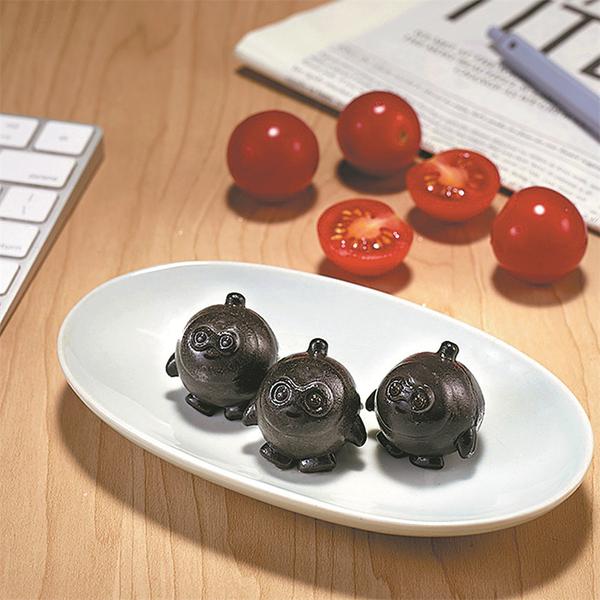
A view of Synear Food's latest co-branded tangyuan(glutinous rice balls) in the shape of a popular video game Eggy Partycharacter. (CHINA DAILY)
In 2023, Bailian ZX finished its renovation of the old Hualian commercial building, which once struggled to attract new tenants even on Shanghai's most bustling Nanjing Road due to sluggish offline attractions.
Sensing a rapid rise of younger consumer demographics and ACGN culture, the mall swiftly adjusted strategy and pivoted to this younger audience.
"From the day we began our operations, Bailian ZX has positioned itself as the mecca for China's ACGN culture," said Li Ling, general manager of Bailian ZX. "Our goal is to set a good example in the emerging sector and contribute when the country's offline ACGN businesses take shape."
Li added that by targeting only the ACGN and guziculture, the mall's customer base is highly vertical, which allows even niche IPs to thrive and offers a platform for lesser-known works to reach their core fans and "make their voice heard", eventually leading to a supportive ecology for ACGN culture.
Since its reopening in January 2023, Bailian ZX has welcomed over 15 million visitors, earned 500 million yuan in revenue and hosted more than 700 events in the first 18 months.
The transformation of Bailian ZX is not alone. ACGN-themed stores and malls have emerged as a powerful booster to brick-and-mortar businesses around the nation. Shopping complexes such as Beijing's Huawei Building, BOM Xifanli, and The Box Chaowai, Shanghai's Metro City and Wuhan's Trend Box X118 have all introduced the new guzibusiness form into their space.
"In an era where e-commerce challenges physical retail, guzistores have provided traditional shopping malls with an opportunity to regain foot traffic," said Shi Changzheng, a management executive at Huawei Building.
For example, the third floor of the shopping mall, where sit most ACGN and guzistores, saw its sales double from January to July and also witnessed a significant increase in visitors, Shi added.
Data from corporate data provider Tianyancha show that over 10,000 new businesses related to theguzieconomy were established between January and November 2024, up 14 percent year-on-year, bringing the existing total number to over 64,000.
Unwilling to fall behind in the ACGN trend, established domestic brands are also leveraging the new cultural elements for younger buyers with crossover products.
Synear Food Co Ltd, a Zhengzhou, Henan province-based frozen food company, released its co-branded tangyuan(glutinous rice balls) with NetEase Games' popular video game Eggy Partyin December, with the round ball designs looking just like the game's cute characters. Touted by the game's fans, the products were sold out soon after launch on major e-commerce platforms such as JD.com and Tmall.
"In the past, tangyuanwas primarily consumed during traditional festivals. This collaboration has expanded the consumption scenarios, offering a new choice for young consumers as everyday snacks and afternoon treats, and further boosting sales opportunities," said Song Jia, a senior executive at Synear Food.
As a 27-year-old traditional brand, Synear aims to rejuvenate its brand image through such co-branding, catering to Gen-Z's demand for differentiated tastes, Song added.
"As today's consumer needs are changing rapidly, we've been thinking about how to not only maintain our existing market share, but also achieve new growth in a continuously evolving landscape," Song said, adding that the company will continue to explore collaborations with ACGN culture IPs, combining traditional products with emerging cultural trends to attract more young consumers.
Similarly, Shanghai-based Laofengxiang, a time-honored jewelry brand, collaborated with Bandai Namco to release pure gold collectibles inspired by anime series Mobile Suit Gundam SEED.













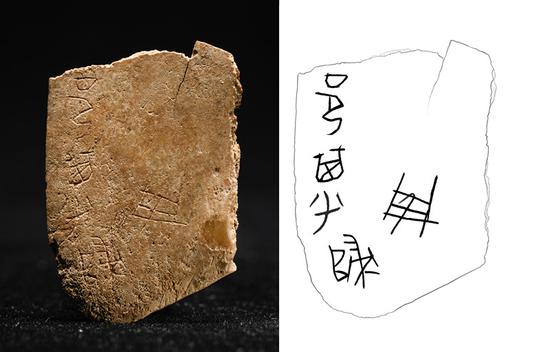

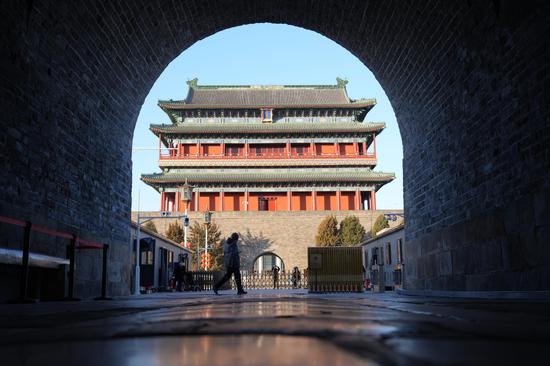



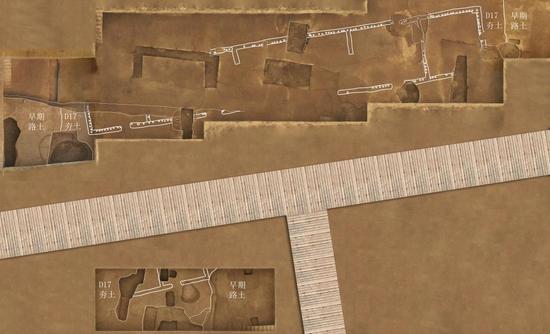


















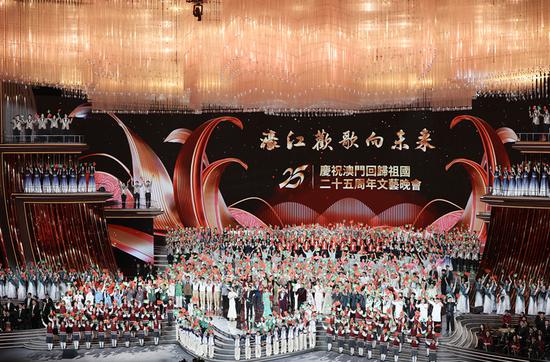



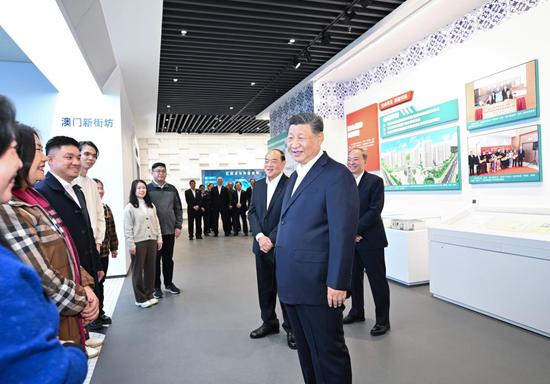
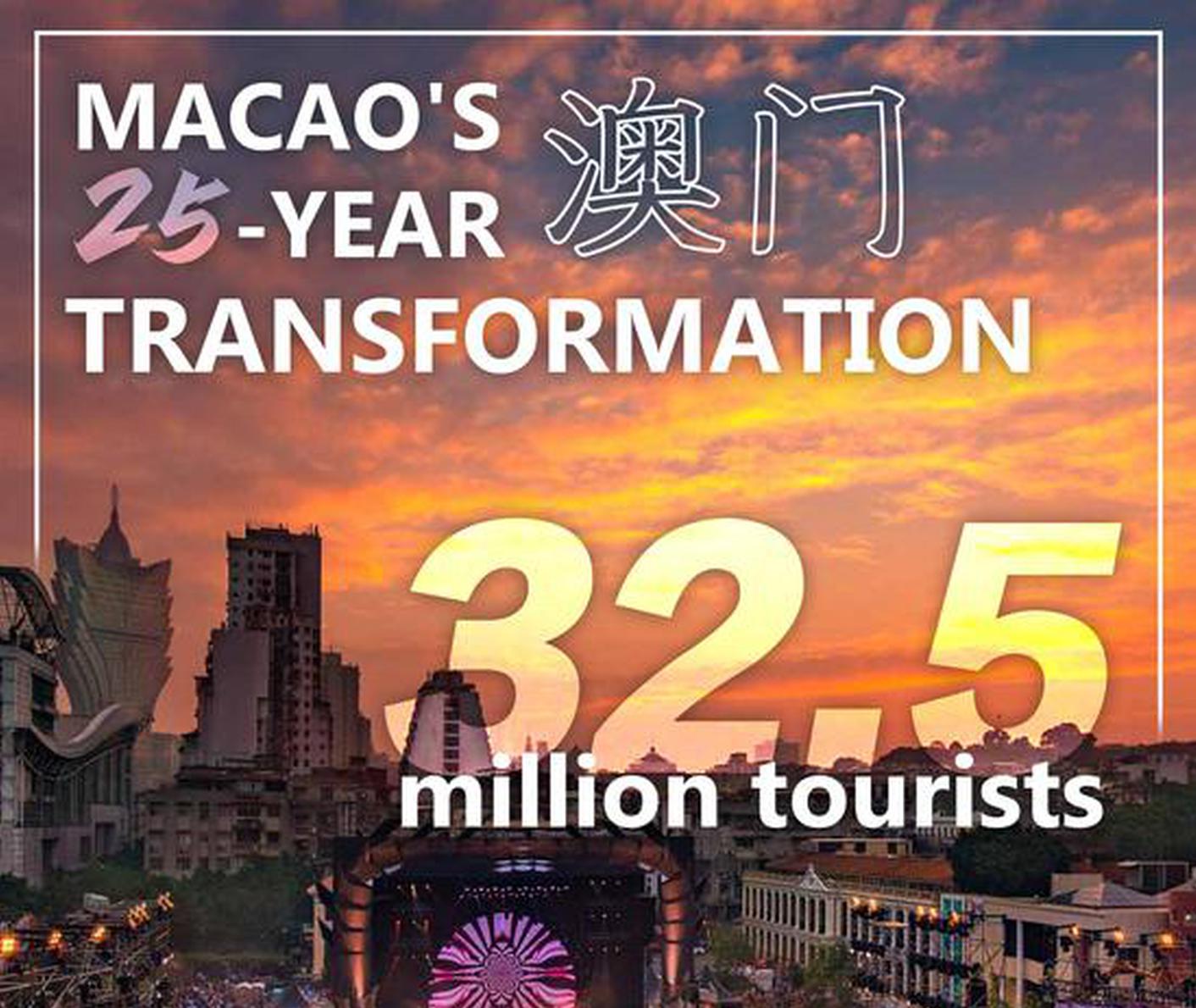






 京公网安备 11010202009201号
京公网安备 11010202009201号